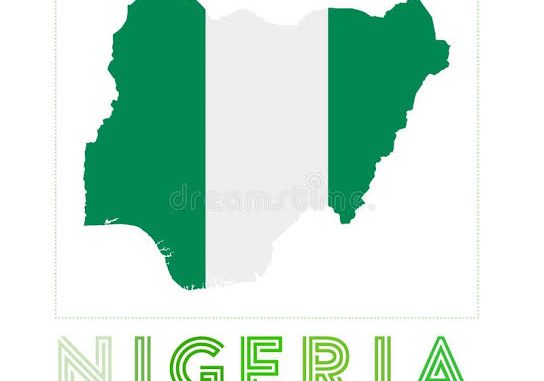
Today, October 1, 2025, Nigeria celebrates 65 years of independence. On a day like this, Nigeria ought to be celebrating progress, unity, and nationhood. But alas, the reality is starkly different. Nigeria’s journey since 1960 is marked not by triumphs but by a colossal accumulation of corruption, fiscal mismanagement, and squandered potential.
At independence, global analysts predicted four nations poised to emerge as giants among the developed world: China, Brazil, India, and Nigeria. Three of these countries have since defied expectations, achieving remarkable socio-economic transformations. Sadly, Nigeria remains the outlier, shackled by enduring systemic failures.
The decisive factor underpinning Nigeria’s stagnation is its human capital deficit. While endowed with abundant natural resources and a vibrant population, the country’s human element – the crux of innovation, governance, and sustainable development – is profoundly inadequate. India, Brazil, and China leveraged their human resources with strategic foresight, cultivating education, technical skills, and visionary leadership. Nigeria, in contrast, is hampered by a lamentable imbalance: a negligible human resource quotient dwarfed by an overwhelming dependence on raw materials and wealth extraction.
To illustrate, nations like Japan and the United States underscore a contrasting paradigm. They possess scant natural endowments but compensate with cultivated human ingenuity and stable institutions that nurture capable leadership. Nigeria’s predicament underscores an urgent truth: material wealth without human capacity is a hollow foundation.
Leadership – that intangible yet pivotal resource – has been Nigeria’s greatest casualty. Weak, self-serving, and often corrupt leadership has stifled the nation’s progress.
Unlike what obtains in other developed nations, where leadership is defined by discipline, vision, and accountability, Nigeria’s ruling class has often prioritised personal enrichment over national development.
This leadership vacuum in our nation has precipitated a cascading series of crises: endemic corruption that drains public coffers, spiraling insecurity that threatens the very fabric of society, and economic mismanagement that stunts growth and deepens inequality. Institutions remain fragile and immature, unable to enforce the rule of law or deliver essential services.
It pains me deeply to witness a country once hailed as Africa’s giant reduced to such a sorry state. The promise of Nigeria was never just about natural wealth or demographic advantage; it was about the courage and capacity to forge a just, prosperous, and inclusive society.
As we mark 65 years, Nigerians must confront the uncomfortable truth: without substantial reforms in leadership and the harnessing of human capital, the nation risks decades more of unfulfilled dreams and squandered potential.
The path to transformation demands more than rhetoric; it requires a collective awakening to responsibility, a recommitment to integrity, and the cultivation of leaders who embody the aspirations of the people. Only then can Nigeria fulfil the promise it made to the world those many years ago.
